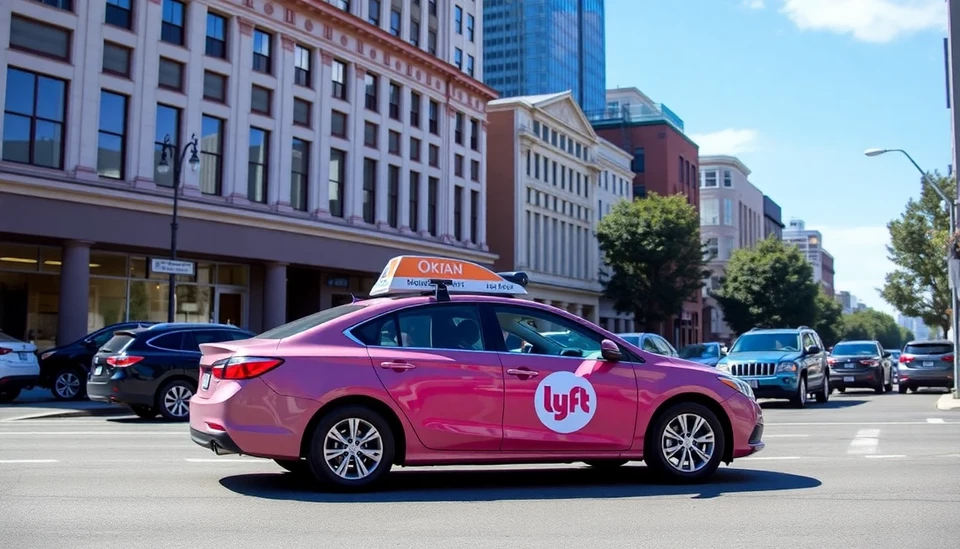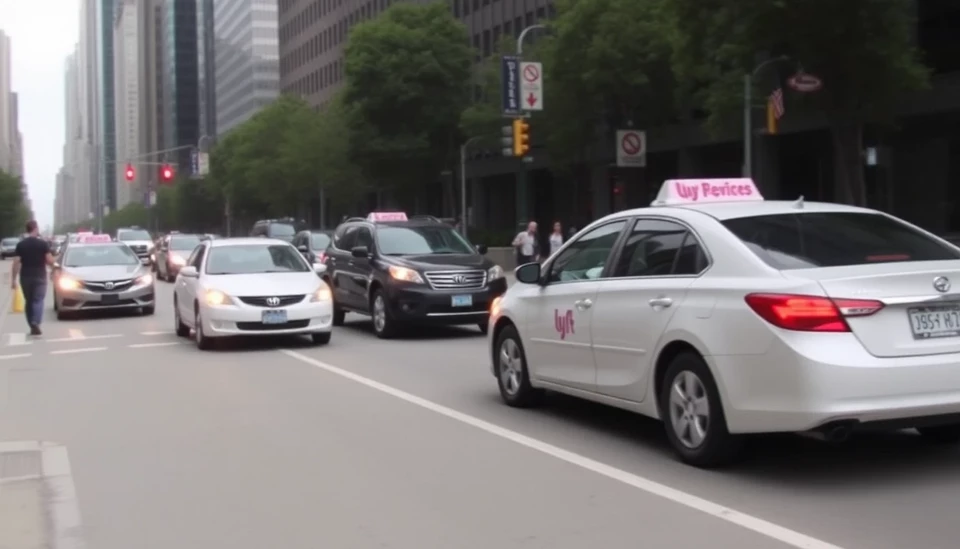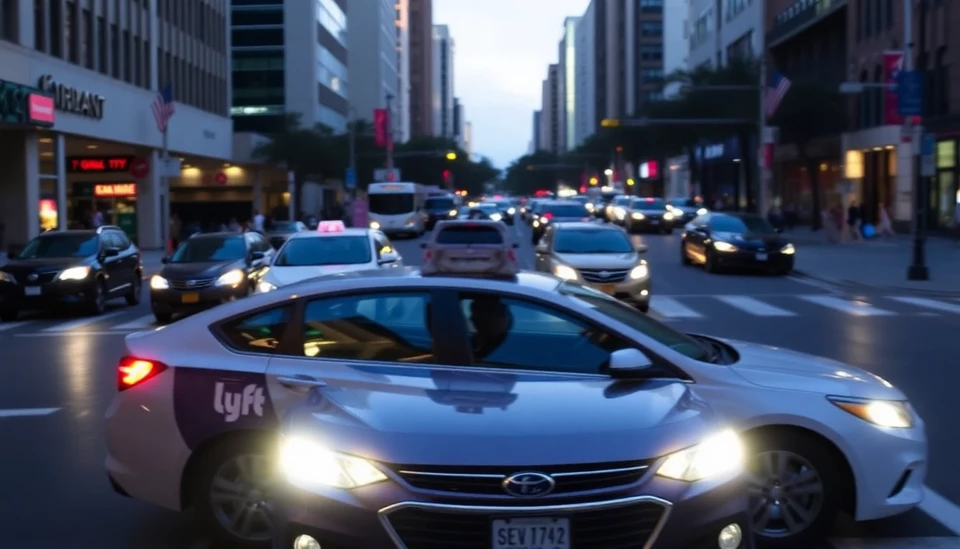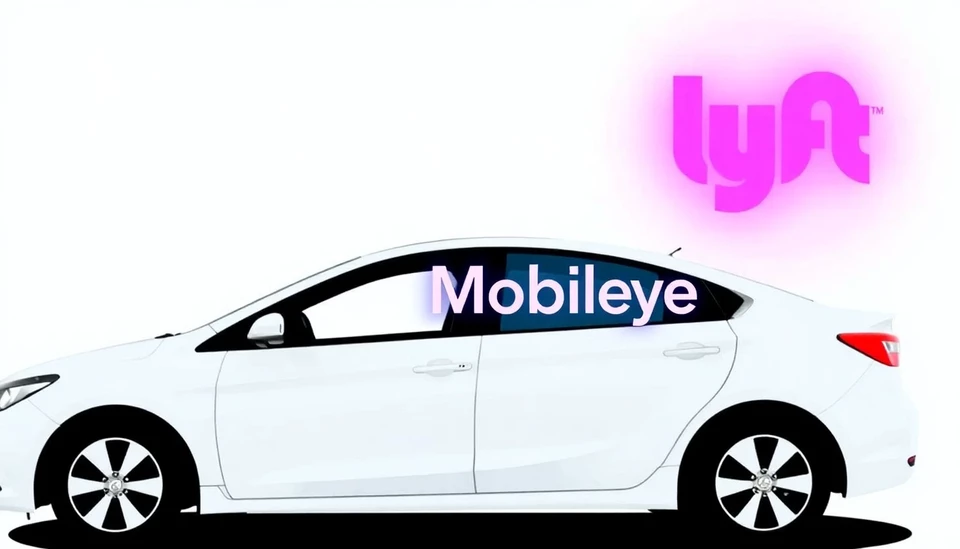
In a significant development for the ridesharing giant Lyft, the company has agreed to an out-of-court settlement totaling $2 million to resolve allegations posed by the Federal Trade Commission (FTC) regarding misleading pay practices for its drivers. This agreement comes as part of the agency's continued efforts to ensure fair working conditions and transparency within gig economy platforms.
The lawsuit, initiated earlier this year, claimed that Lyft had utilized deceptive marketing strategies to lure drivers under the impression that they would earn more than what was actually delivered. The FTC argued that the company's practices contributed to widespread confusion and dissatisfaction among its workforce, as many drivers believed they could achieve substantial earnings based on incentivized messaging from the company. This led to a ripple effect, where numerous drivers felt misled regarding their potential earnings, with many allegedly receiving lower payments than expected.
As part of the settlement, Lyft did not admit any wrongdoing but has committed to enhancing its transparency regarding driver pay moving forward. This includes revising how it communicates earning potentials to its drivers, thereby ensuring that all information is clear and accurate. The settlement is intended to provide some restitution for the affected parties while prompting Lyft to reform its advertising and communication strategies.
The lawsuit and subsequent settlement highlight the ongoing scrutiny that rideshare companies face concerning their employment practices. As the gig economy expands, regulatory bodies are becoming increasingly vigilant about corporate behavior that could exploit workers. The FTC has been particularly proactive, seeking to hold companies accountable for false promises, especially in an industry where gig workers often rely on these platforms for their livelihood.
Lyft's decision to settle could also be viewed as a strategic move to mitigate the risk of further litigation and backlash from both drivers and regulatory authorities. With this settlement, Lyft aims to restore some level of trust among its driver community while trying to prevent similar issues from arising in the future. In the competitive landscape of ridesharing, maintaining a positive relationship with drivers is crucial, not only for operational success but also for overall brand reputation.
As Lyft works towards reforming its policies, industry experts suggest that this case could serve as a cautionary tale for other companies in the gig economy. The outcome underscores the importance of transparency, fair compensation, and the need for clear communication regarding earnings—a lesson that many platform operators may need to take to heart.
Moving forward, it will be interesting to see how both Lyft and its chief competitor, Uber, adapt to these regulatory pressures and what implications this case may have on policy changes across the gig economy landscape.
For all stakeholders, this settlement represents a notable moment in the evolution of gig work and highlights the urgency for tech-based companies to prioritize driver welfare—a key component in establishing a sustainable business model in the rapidly changing labor market.
#Lyft #FTCSuit #GigEconomy #DriverPay #RideshareSettlement #FairWages #RegulatoryAction #CorporateReform
Author: Samuel Brooks




